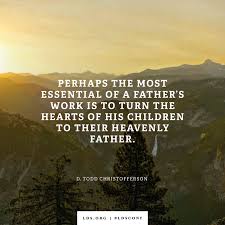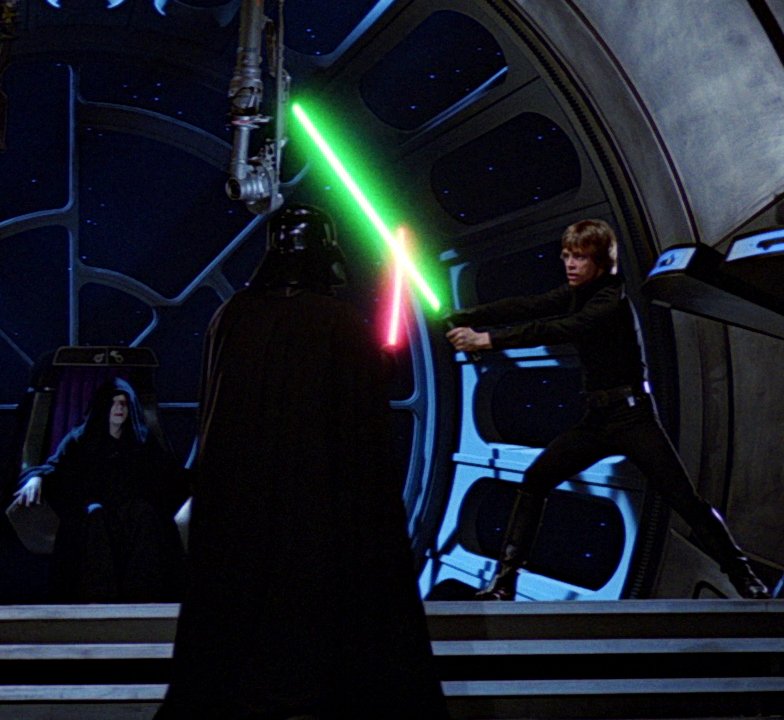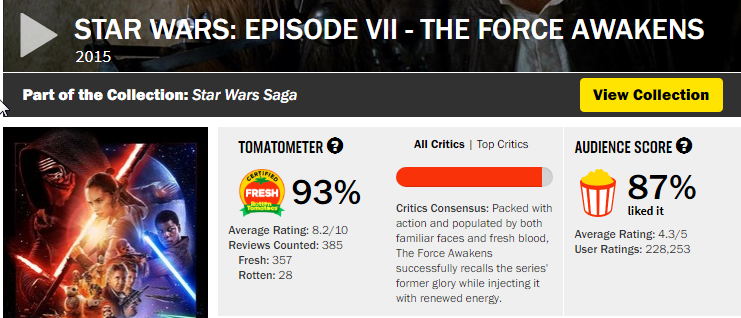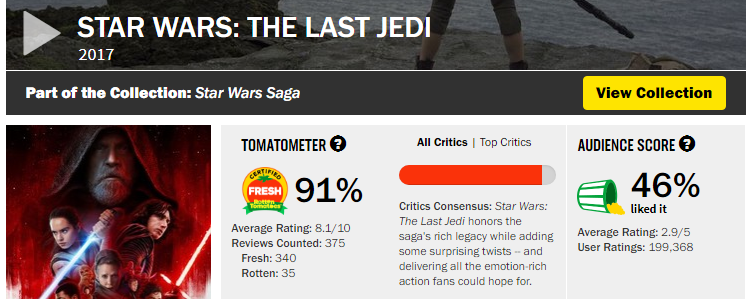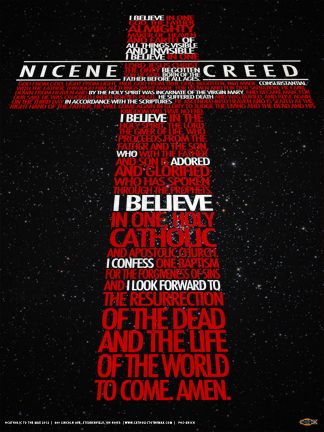Subtitled The Battle for Your Child’s Mind, this book speaks to the importance in forming your children through literature that teaches morality and virtue. The book was written twenty years ago in 1998 and some of the info is a bit dated, but there is still enough great information in the book to make it worth reading. Author Michael D. O’Brien had some keen insights that proved to be prophetic at the time of the writing; many of the dangers he warned our culture is headed toward have already come to pass.
 The book begins with a description of how dragons have traditionally always been a symbol of evil. The Bible identifies Adam and Eve’s tempter as a serpent or snake. Saint George converts an English town by defeating a great dragon. Several other cultures have dragons, and whether they be Gorgons or Apophis or Tiamat, they are usually malicious or sly.
The book begins with a description of how dragons have traditionally always been a symbol of evil. The Bible identifies Adam and Eve’s tempter as a serpent or snake. Saint George converts an English town by defeating a great dragon. Several other cultures have dragons, and whether they be Gorgons or Apophis or Tiamat, they are usually malicious or sly.
Next O’Brien spends some time showing how our culture that has been Christian for so long is now slipping back into paganism. Instead of cherishing the great gift that our knowledge of God is, our culture has decided it no longer needs such knowledge. He shows that we’ve found many ways to worship creation instead of the Creator as our God. This part of the book gets relatively theological, and I wouldn’t expect those who don’t already agree with the Catholic position to find it very convincing.
This leads us to the fourth chapter, which is where the book really starts to shine. Now that O’Brien has laid the groundwork, he can begin to relay the real message of the book. He laments the replacement of storytelling by electronic entertainment. If this was bad in 1998, it has to be an order of magnitude worse now in 2018 when we carry tablets and smartphones and laptops around with us wherever we go. He makes some very convincing arguments against the regular use of electronic entertainment that, even by themselves, make the book worth reading. Next he shows how modern entertainment, both literature and tv/movies, are sending our children either mixed or outright harmful messages that subvert Christianity and praise paganism. He demonstrates this with some great examples, including Star Wars, Disney’s The Little Mermaid, and Jurassic Park.
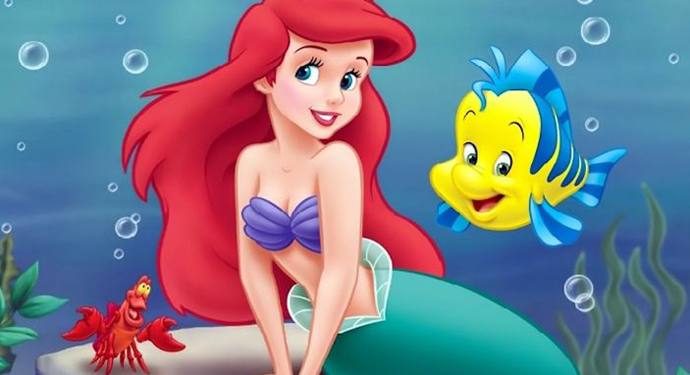
Lastly, O’Brien purposes a system by which parents can evaluate the entertainment that their children will be consuming.
The last two chapters demonstrate how to use this system to evaluate popular fantasy books for older children. First he takes on the decidedly pagan ones, even the ones that may have some Christian themes in them. Next he moves on to the Christian ones by looking at the works of J.R.R. Tolkien, C.S. Lewis, and George MacDonald. Although the works of these authors are all Christian and lead children in a positive direction, there are some themes in the later two’s works that we as parents are able to discern that don’t quite fit the Catholic understanding of our world.

O’Brien’s Conclusion really brought the message home for me. He points out that we, the parents, are the ones who create the culture our children are raised in. We do that by providing them with the entertainment to inspire them to recognize and avoid evil while cultivating goodness and virtue. We can’t afford to let ourselves be influenced by Satan, who is craftily weaving his destructive messages into 99% of the entertainment that we allow into our homes, our minds, and our hearts. Satan is real, and he is out there trying to deceive us. The readings from this weekend’s Mass speak to our responsibility as parents: “‘Woe to the shepherds who destroy and scatter the sheep of my pasture!’ says the Lord. Therefore thus says the Lord, the God of Israel, concerning the shepherds who care for my people: ‘You have scattered my flock, and driven them away, and you have not attended to them. Behold, I will attend o you for your evil doings’, says the Lord.” (Jeremiah 23:1-3). It is our responsibility as parents to shepherd our children, to provide for them a environment that bring them to Jesus.
Lastly, the book includes an appendix with 90 pages of family reading suggestions. They range from picture books for kids to books for adults. I haven’t chosen any yet, but I’m very happy to have the resource as I begin to try to transform my family’s entertainment consumption to be more in line with what O’Brien is proposing in this book.
